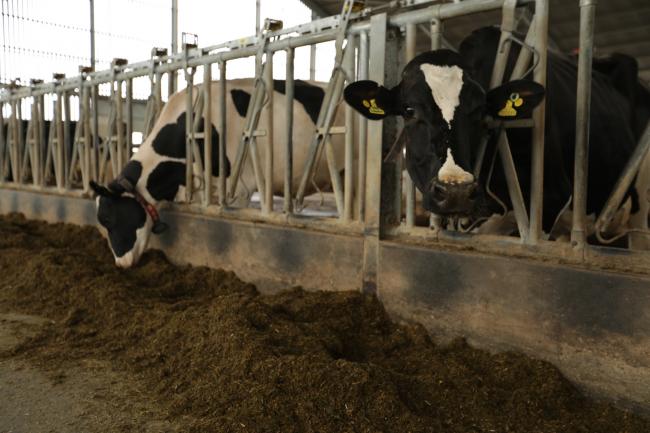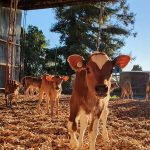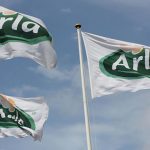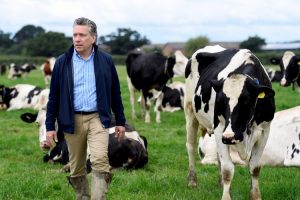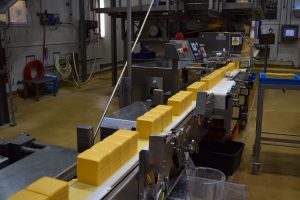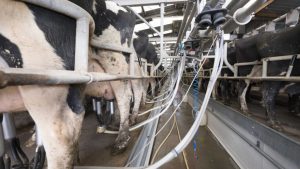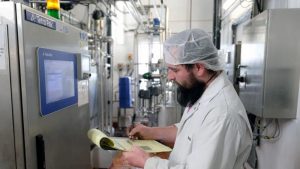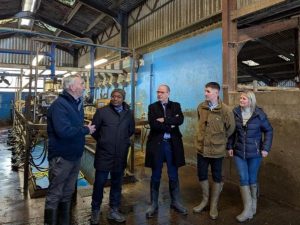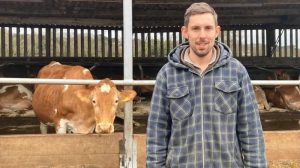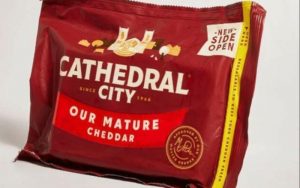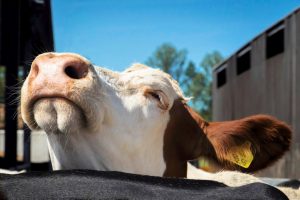
This move is part of many hoping to reduce their impact on the climate, a report says.
Arla, the farmer-owned co-operative, has published the report detailing the carbon footprint of milk, using independently assessed data from 1,964 UK farms.
The report will help the co-operative meet its target for a 30% reduction in emissions per kilogram of milk by 2030. This is on the way to becoming carbon net zero across the supply chain by 2050.
The report details measures farmers can and are taking. These include precision slurry-spreading techniques, using manure for energy, reducing the amount of protein in cow diets and making sure they are healthy and happy.
Studies have shown that healthy and contented cows make milk production much more efficient. This creates a reduction in emissions footprint, so farmers are investing in technology similar to Fitbit collars and ankle bracelets to analyse behaviour to check on welfare.
Arthur Fearnall said: “We have put a huge amount of time and investment into collating the data which we will now use to make decisions on farm.”
What does ‘poo power’ mean?
Arla is also researching into feed additives that could reduce methane emissions from cows. As part of that, farmers are trialling generating “poo power” using biogas from slurry as fuel for its tankers.
Alice Swift, agriculture director for Arla Foods, said: “Dairy can and should be part of a sustainable diet and our new report is a major step forward in demonstrating just how much action is already under way across Arla farms as we move towards carbon net zero dairy production.
“All food production creates emissions, but our farmers are stepping up to help with the climate and environmental crisis we face.
“If we want more biodiversity, fewer emissions through natural processes and a reduced reliance on ultra-processed foods, then the only answer is to support British farmers, who already have many of the answers, but not always the financial resources to implement them.”
